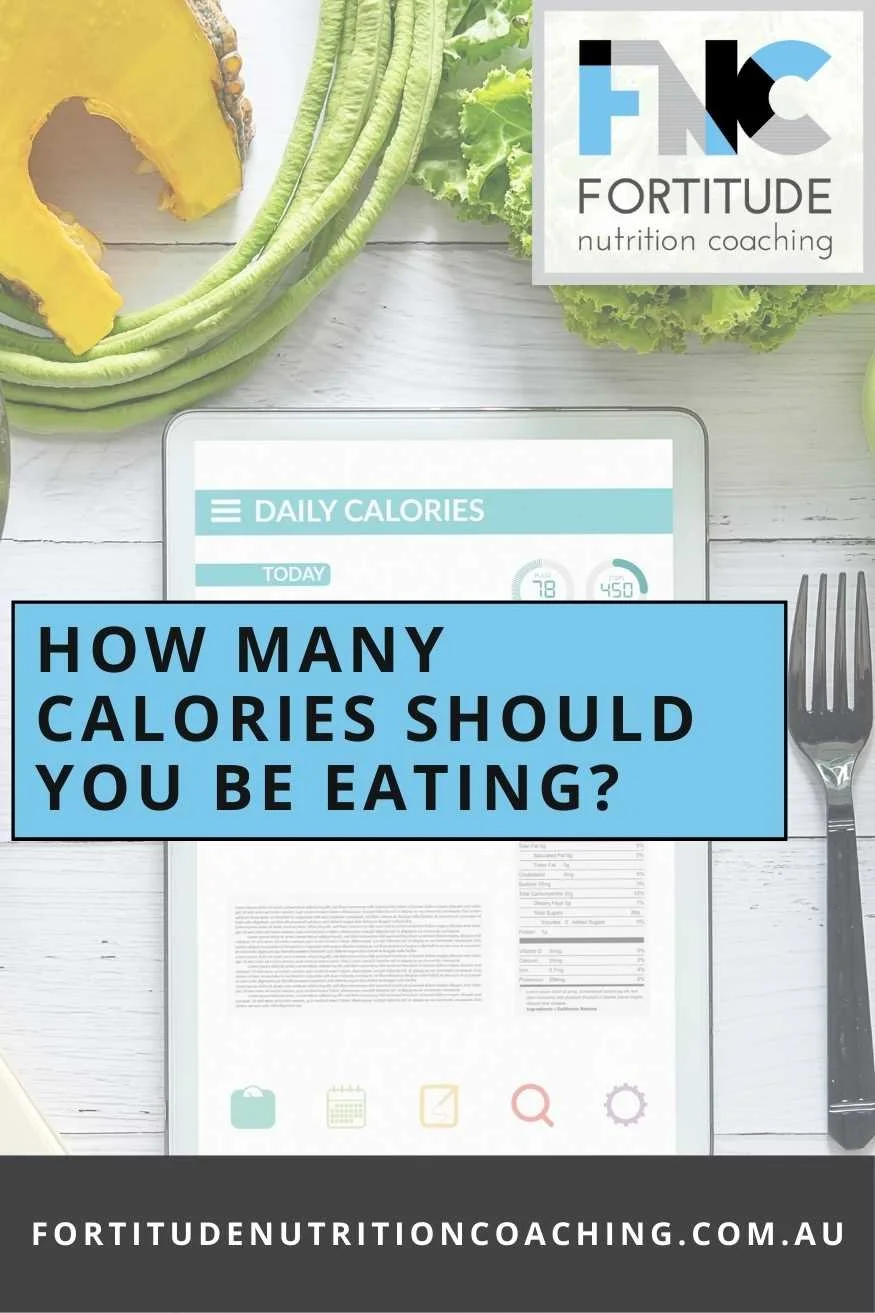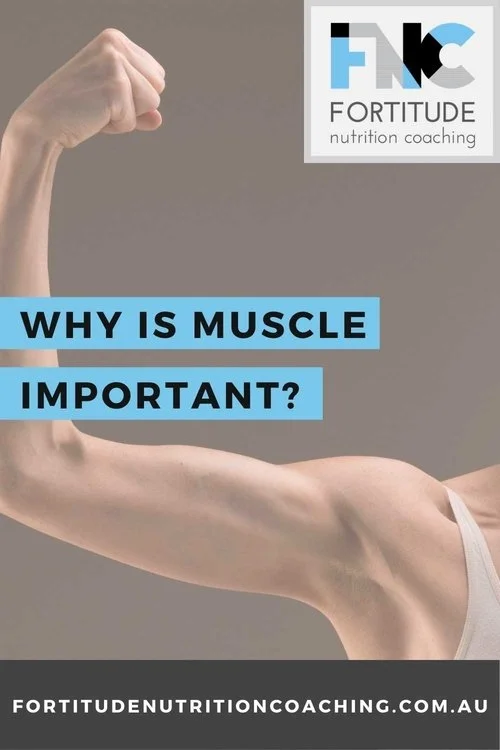Alcohol
has 7 Calories per gram
cannot be stored in the body and is toxic
becomes the priority fuel to be metabolised (burned)
decreases fat burning
impairs muscle building
affects sleep quality which has carry-over effects on hunger, muscle building, recovery, energy, brain function, health and fat loss
reduces inhibitions (decisions around food choices)
increases impulsivity
increases appetite
There is 10g Alcohol in a standard drink.
One standard drink in Australia is equal to approximately:
285 mL of full-strength beer (4.8% alc. vol)
375mL of mid-strength beer (3.5% alc.vol)
425 mL of low strength beer (2.7% alc. vol)
100 mL of wine (red - 13% alc. vol, and white – 11.5% alc. vol)
100 mL of champagne (12% alc. vol)
30 mL of spirits (40% alc. vol)
275 mL bottle of ready-to-drink beverage (5% alcohol content) [14]
Fat Loss
Energy balance still dictates fat gain/loss.
Alcohol alone won’t cause fat gain.
It does contain calories which impact energy balance. It also can reduce our inhibitions, increase impulsivity and short term appetite leading us to eat more Calorie-dense foods. [7]
If Calories are accounted for, it makes no difference to weight loss. However alcohol can impact the rate of muscle gain and recovery so regular and high levels can affect body composition.
Our food selection around alcohol has a large role to play in how many calories we consume which then dictates fat loss.
Try to budget in the calories, make trade-offs - preferably from fats and then carbs. Keep protein and plants as the base of your meals.
If tracking, track as fats OR fats and carbs.
Hangovers also mean food choices are likely to be impacted (choosing energy-dense junk foods as 'treatment'!!). Be prepared. Protein and Plants. Re-hydrate!
Alcohol negatively impacts sleep and sleep deprivation increases appetite which could increase caloric intake the next day.
It’s important to have an understanding of the calorie content in the alcohol beverages you regularly drink.
Beer and wine ~120-150
Champagne ~90
Aperol Spritz ~125
Spirits ~70-90 (that’s straight or with soda/diet soft drink)
Cocktails ~200-700
From there put it into the context of your calories targets.
10 wines per week could be 1500 Calories which could be the equivalent to a whole day of eating or more.
5 beers in a sitting could by 750 Calories which is more than a meal for some.
Sleep
Alcohol is a sedative. It puts you to sleep faster and into a deeper sleep more quickly but the problem is in the second part of the night your sleep becomes more disturbed. You may not get as much REM (Rapid Eye Movement) sleep, which is when you dream, and which helps the brain consolidate memories.
Poor sleep can also affect weight gain by increasing our hunger hormone.
While alcohol is initially sedating, this effect disappears after a few hours, resulting in a fragmented and disturbed sleep in the second half of the night. [4][11]
Health
The following factors affect your risk of poor health and harm from alcohol
• How often you drink
• How much you drink
• Your general health. The poorer your health for other reasons, the more alcohol may affect you.
• Your age. The older you are, the more vulnerable you become to health harms.
• Your sex. Women and men have different health risks.
• Genetics
• The number of years you’ve been drinking. Most often, health issues due to alcohol only begin to show up ten to twenty years after drinking began.
• The age you began drinking. The earlier you began drinking, the more you may have affected your health.
A lot of research shows a J shaped curve with alcohol consumption and cardiovascular disease. As light-to-moderate consumers of alcoholic beverages have a lower risk of CVD. This is actually a correlation and not directly causation. This may be due to other factors of their diet, lifestyle and activity. So alcohol doesn’t improve your health, people who are healthier may just also enjoy a drink.
Recovery and Performance
Alcohol decreases our gains and later performances. [3]
Decreases reaction time, cognitive function, performance markers such as agility and power.
Low doses of up to 3 units doesn’t seem to affect recovery [10]
Muscle Gain
Alcohol consumption can negatively affect muscle-building and can also have detrimental effects on performance (leading to poorer training quality) and can also negatively affect recovery through its effects as a diuretic and through its effects on reducing sleep quality.
It also affects testosterone levels which tell our muscles to grow. [8]
Menopause
Menopause can worsen symptoms of menopause such as sweating, night sweats and hot flushes.[5]
What causes a beer belly?
Beer has roughly 150 Calories per serve. The belly comes from excess calories, not just beer itself. [6]
Should you eat before you drink?
In terms of lining the stomach, all eating beforehand does is slow down the absorption of alcohol. [2][9]
Food and drink?
As humans, we don’t tend to compensate for the calories consumed through alcoholic beverages which can then lead to weight gain. [12][13]
What is the best alcohol?
The more expensive isn’t necessarily better health-wise. There are points that red wine and beer have some health benefits, but they don’t contain enough to make up for the harms of ethanol, alcohol’s most toxic chemical.
The best alcohol for you is probably the one that you can enjoy in moderation, minimum enjoyable dose. Or one that doesn’t leave you feeling too dusty or hunger.
How can you prevent a hangover?
Drink less
Pace yourself
Drink slowly
Drink water between your drinks
“Beer before wine and you'll feel fine; wine before beer and you'll feel queer”
This is a myth. Neither the types of drink nor the order in which you drink them influences your hangover, only the total blood alcohol concentration does.
What are safe limits?
What you can do is to work out the dose that gives you the best fun but with a reasonable amount of risk – in your opinion. It’s not a one-size-fits-all rule. And it really is your call.
We call this the minimum enjoyable dose or your magic number.
Strategies for controlling your intake
Think about what your purpose is for alcohol.
Are you a social drinker that drinks to celebrate and have fun?
Do you drink to fit in?
Do you drink because it’s exciting and it enhances the setting?
Or do you drink to cope with life and forget your worries?
Do you drink every day?
Are you drinking more than you used to?
Here are some steps to reduce your intake:
Fill out a drink diary to get a better understanding of how often you drink, where, why, etc. Look for common patterns and trends.
Find your WHY for reducing your intake
Find out what your triggers are
Find out what drinks weren’t really worth it and try to cut them out
Set yourself a magic number or minimum enjoyable dose.
Here are a few more strategies that you could try in different settings to manage your intake:
Don’t drink when you’re thirsty
Don’t drink when you’re eating
Aim not to get drunk
Drive places if possible
Don’t keep alcohol in the house
Set non-alcohol days in your week (perhaps weekdays)
Drink less at home/on your own
De-stress before drinking
One drink per hour limit
If you do drink, make sure you enjoy it and it fulfils it’s purpose.
1 on 1 Nutrition Coaching with Fortitude Nutrition Coaching
Are you looking for an understanding and supportive human to talk with, to help with advice and guidance? An objective set of eyes to see what you could improve to move towards your goal in the easiest possible way?
We work with real people and get real results. Sign up for 1 on 1 Nutrition Coaching today and get the support, guidance and accountability of a Fortitude Nutrition Coach.












Tired of the "eating healthy" cycle that leads nowhere? Our blog unveils the blueprint for success. Say goodbye to vague intentions and hello to a clear Action Plan. Transform your eating habits with precision - from veggies to protein, breakfast to overcoming obstacles. Break free from the loop and embark on a fulfilling journey. Ready to achieve your goals with confidence? 🎯 Learn more: https://www.fortitudenutritioncoaching.com.au/blog/why-healthy-eating-doesnt-work